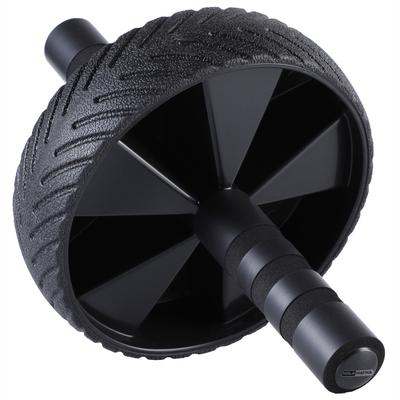Hey Diva dressing fans! When the items we love coincide with brands we work with, Diva dressing will use Paid Links in our articles. If you decide to click on these links and purchase the product, we get a small commission. Our Opinions Are Our Own, but we do add Paid Links as a way to offer these products at no added cost to our readers. Want to know more? Click Here to check out our Terms of Use anytime!
Hypertension, commonly known as high blood pressure, is a significant public health concern affecting millions of people worldwide. While it has historically been perceived as a condition primarily impacting men, recent studies indicate a rising prevalence among women, particularly in certain age groups. Understanding the factors contributing to this trend is essential for prevention and management.
Hormonal Changes
Hormonal fluctuations throughout a woman’s life can significantly influence blood pressure levels. During puberty, pregnancy, and menopause, hormonal changes can affect how blood vessels function and how the body regulates blood pressure.
- Pregnancy: Conditions like gestational hypertension can occur during pregnancy, and women who experience it may have an increased risk of developing chronic hypertension later in life.
- Menopause: The decrease in estrogen levels during menopause is associated with increased blood pressure. Estrogen is believed to have a protective effect on blood vessels, and its decline can lead to increased vascular stiffness.
Lifestyle Factors
As women’s lifestyles evolve, various factors contribute to the rising rates of hypertension:
- Diet: Increased consumption of processed foods high in salt, sugar, and unhealthy fats can lead to higher blood pressure. Women may also have dietary habits influenced by busy lifestyles that prioritize convenience over health.
- Physical Inactivity: Sedentary lifestyles are becoming more common among women, especially with the rise of desk jobs and technology use. Regular physical activity is crucial for maintaining healthy blood pressure levels.
- Stress: Women often juggle multiple responsibilities, including work, family, and caregiving, leading to increased stress levels. Chronic stress can contribute to hypertension by triggering the release of hormones that elevate blood pressure.
Weight Gain and Obesity
The prevalence of overweight and obesity is rising among women, significantly impacting hypertension rates. Excess body weight can lead to increased resistance in blood vessels, ultimately raising blood pressure. Factors contributing to weight gain include:
- Sedentary Lifestyle: Reduced physical activity can lead to weight gain and increased blood pressure.
- Dietary Choices: Poor dietary habits, such as high-calorie and low-nutrient foods, contribute to obesity and related health issues.
Increased Awareness and Diagnosis
Improved awareness and diagnostic practices may also play a role in the rising hypertension rates among women. More women are being screened for hypertension, leading to increased identification of the condition. This trend may reflect a genuine increase in prevalence rather than just improved detection.
Genetics and Family History
Genetics can play a significant role in a woman’s predisposition to hypertension. Family history of high blood pressure increases the likelihood of developing the condition, and women with a familial predisposition may be more susceptible, especially if combined with lifestyle factors.
Socioeconomic Factors
Socioeconomic status can influence health outcomes, including hypertension. Women from lower socioeconomic backgrounds may experience higher stress levels, limited access to healthcare, and unhealthy living conditions. These factors can contribute to higher rates of hypertension, as well as barriers to effective prevention and treatment.
Medication and Health Conditions
Certain health conditions and medications can impact blood pressure:
- Contraceptives: Some hormonal contraceptives can raise blood pressure in susceptible women. It’s essential for healthcare providers to monitor blood pressure in women taking these medications.
- Chronic Conditions: Conditions such as diabetes, kidney disease, and sleep apnea are more common in women and can contribute to hypertension.
Here are some products you can try on
5Pcs TPE Resistance Bands Elastic Workout Bands Exercise Loop X $12.49

Leisureland Hot Yoga Towel, Pilates Exercise Gym Towel $17.99

Sunny Dual Sided Core Exercise Disk $17.99

HolaHatha Exercise Fitness Abdominal Core Toner Workout Single Ab Roller Wheel $20.09

Non-Slip Exercise Pilates Yoga Mat $20.31

Furinno RFitness Professional 41-Inch-Long LOOP Stretch Latex Exercise Band $12.19



